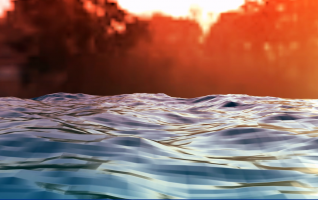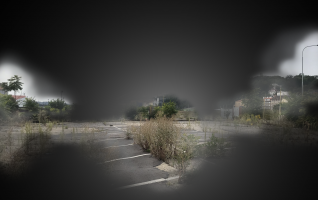A pedagogy for Expanded Interspecies Listening 2021-?
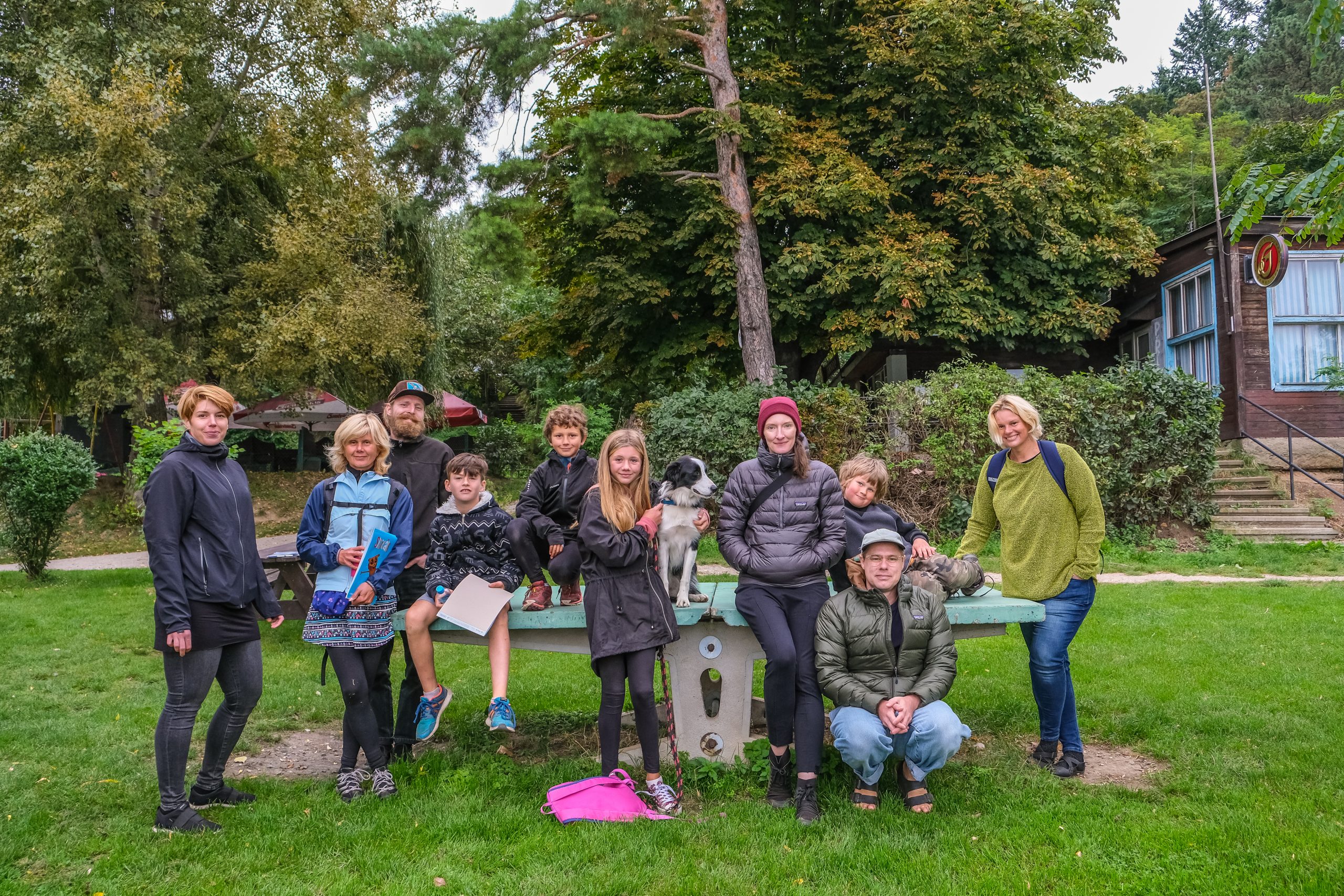 A PEDAGOGY FOR EXPANDED INTERSPECIES LISTENING
A PEDAGOGY FOR EXPANDED INTERSPECIES LISTENING
In this artist-research project, we focus on outdoor education, eco-pedagogy, and environmental literacy not only as the teaching of “environmental” content, but as a form of learning that seeks to create a deeper understanding of the web of human and more than human connections. Mainstream education promotes only a narrow conception of listening, focused on the acceptance and understanding of human meanings. Thus, the emphasis that is primarily placed on human communication by its very nature excludes other aspects of listening, or identifies them as intrusive.
As part of our artistic research activities, we focus on the development of a method of performative mapping, as an adequate method for getting to know the world, which allows us to see in a new way subtler questions for which there is no time left in mainstream education, or which are completely neglected from the beginning.
The pedagogy of expanded interspecies listening is open to the widest possible range of co-creators. In the case of working with children, we try to find answers to questions:š
- What experiences do children have from their environment?
- How can we better take into account children’s environmental visions and aspirations?
- How can we define our own relationship with our environment?
- How to promote children’s environmental thinking, imagination and the importance of their relationship with their environment?
- How does listening help us develop less human-centred perspectives?
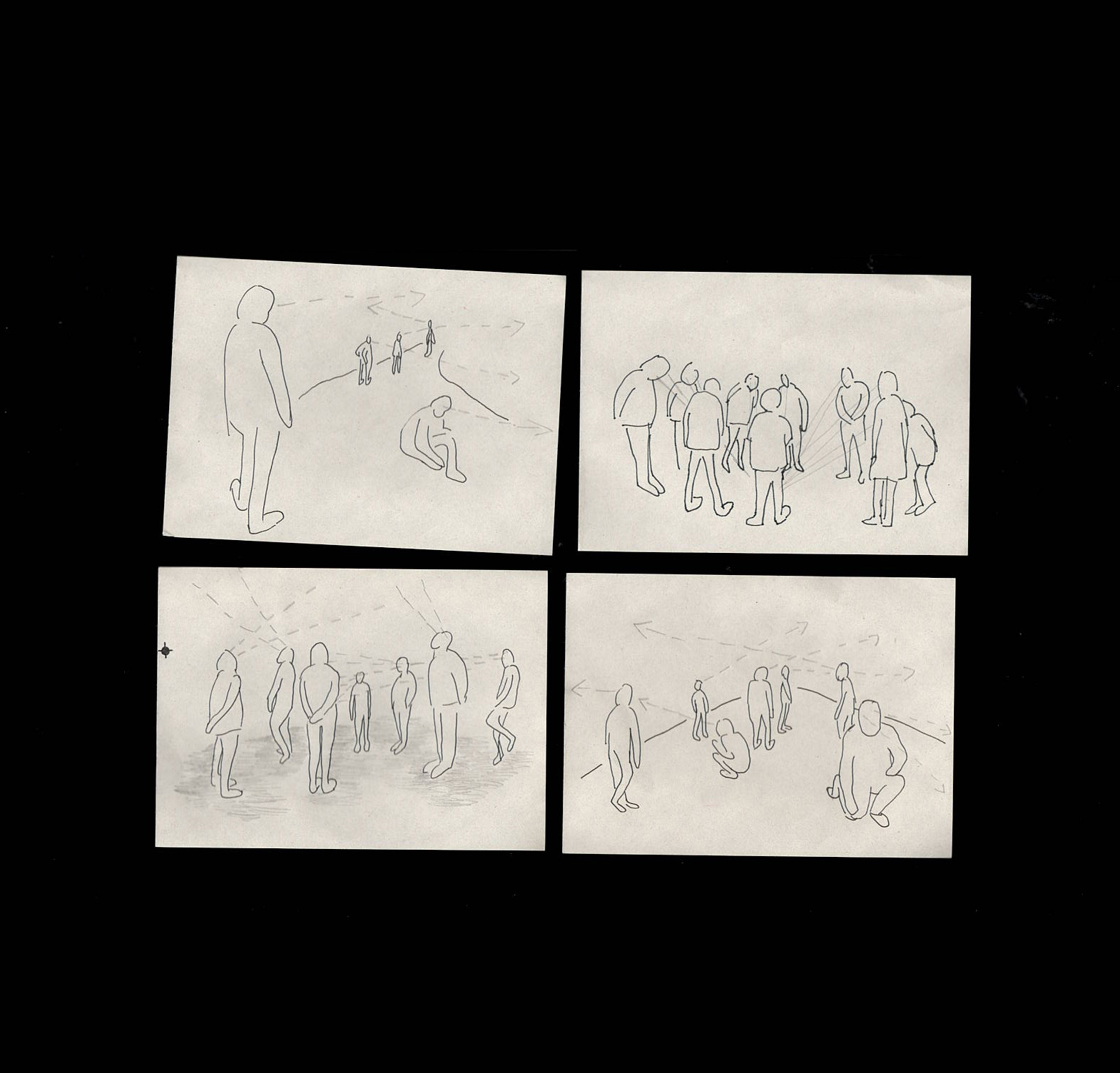
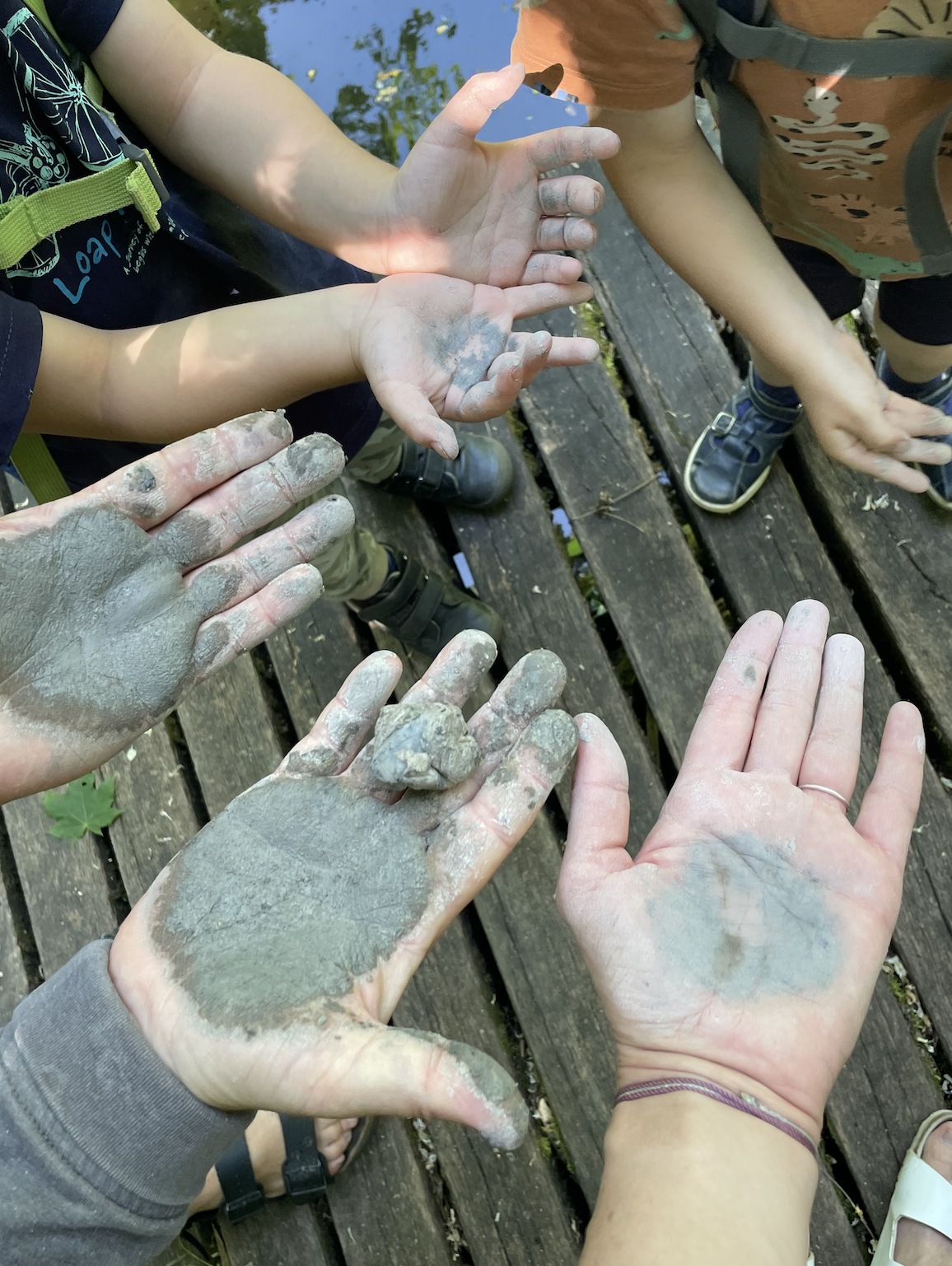
We believe that children should be listened to and taken more into account in environmental discussions because children want to be listened to and treated as responsible actors. That is why we are happy to invite (not only) children to participate in our research, listening/meteorological/sensory walks and other projects, as active co-creators.
- Listening walks work by disrupting everyday sensory habits, encouraging listeners to listen to their own listening again, in an open way that is not tied to predetermined learning outcomes.
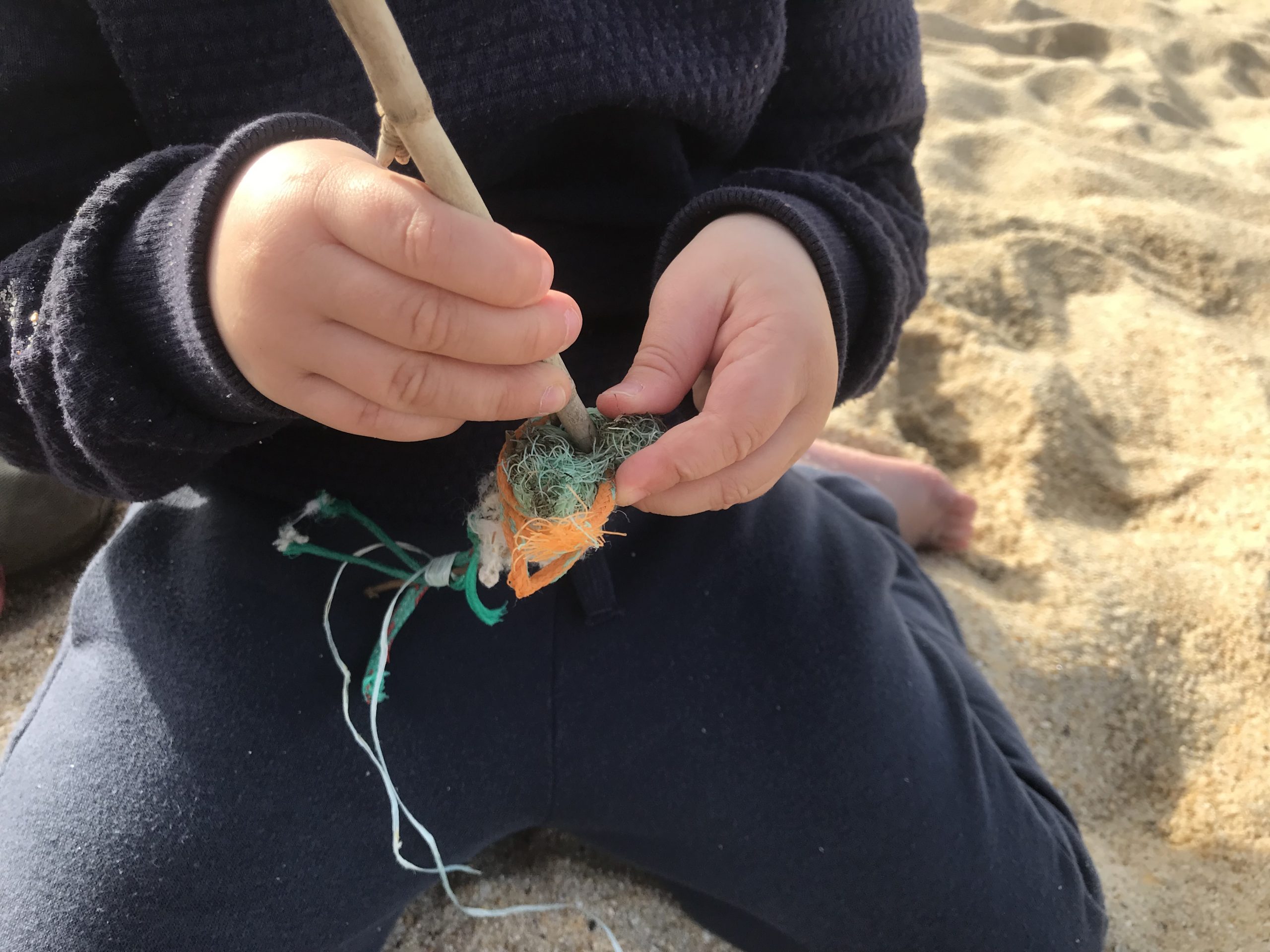
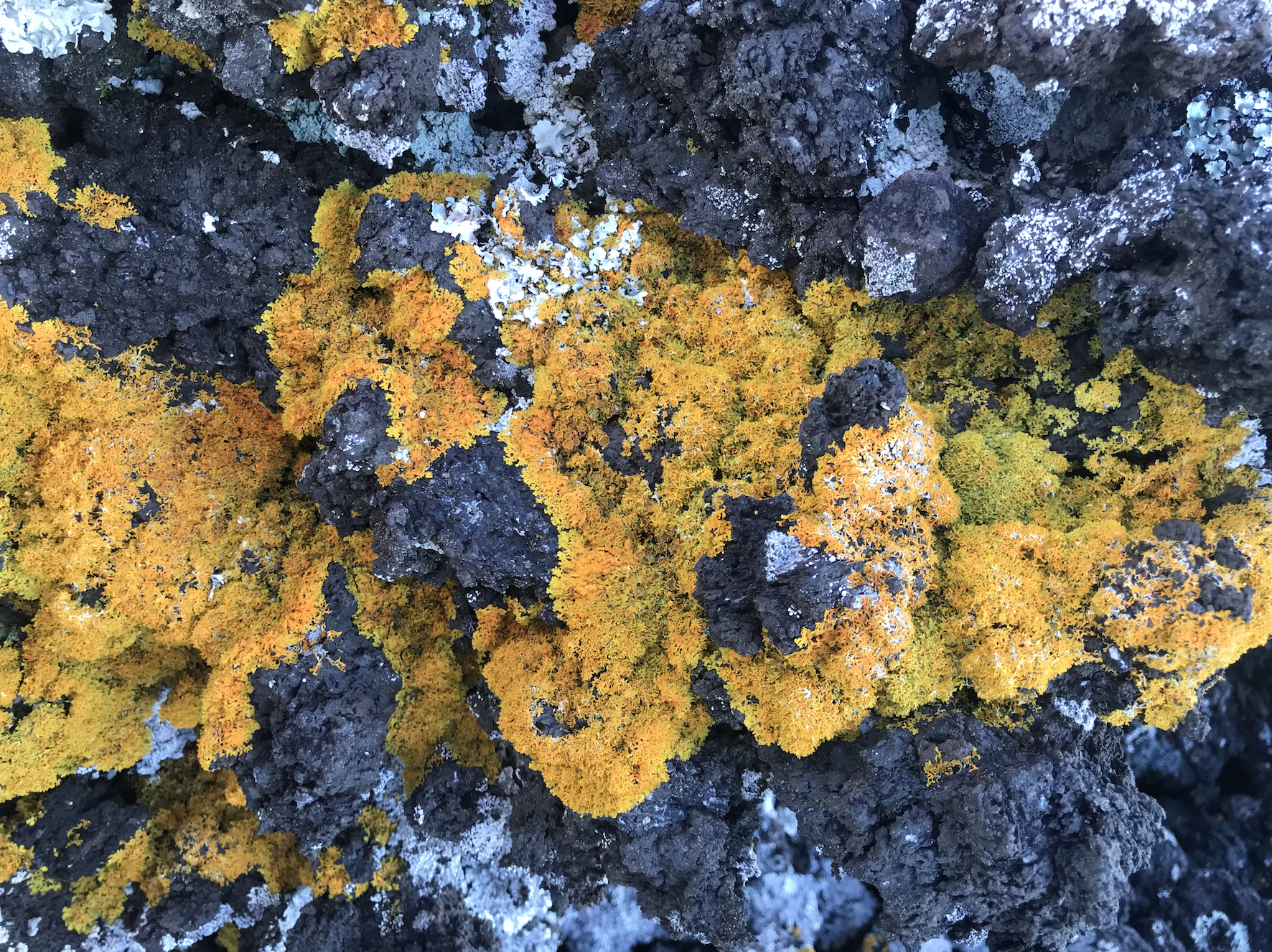
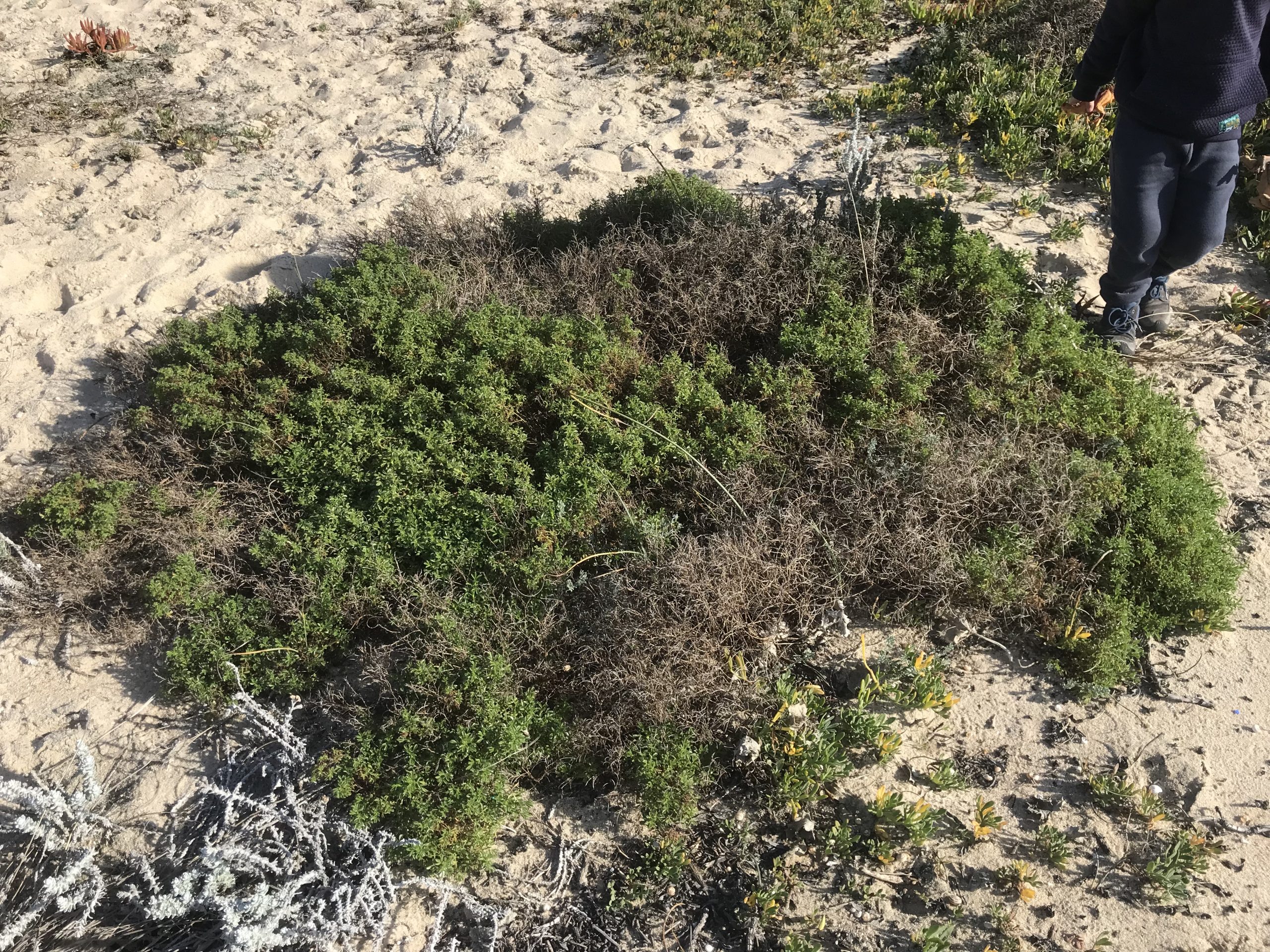 We encourage children (pre-school and school age) to have the opportunity to approach their environment from different perspectives – with the involvement of more sensory experience, which is crucial for awareness of their surroundings. Their active involvement in the research and creative process allows them to share their ideas and continue to communicate them. This fact encourages and enhances the feeling of interdependence, diversity, polyphony and represents a fundamental pillar for the development of children’s multiliteracy and outdoor pedagogy, which still lacks deeper foundations.
We encourage children (pre-school and school age) to have the opportunity to approach their environment from different perspectives – with the involvement of more sensory experience, which is crucial for awareness of their surroundings. Their active involvement in the research and creative process allows them to share their ideas and continue to communicate them. This fact encourages and enhances the feeling of interdependence, diversity, polyphony and represents a fundamental pillar for the development of children’s multiliteracy and outdoor pedagogy, which still lacks deeper foundations.
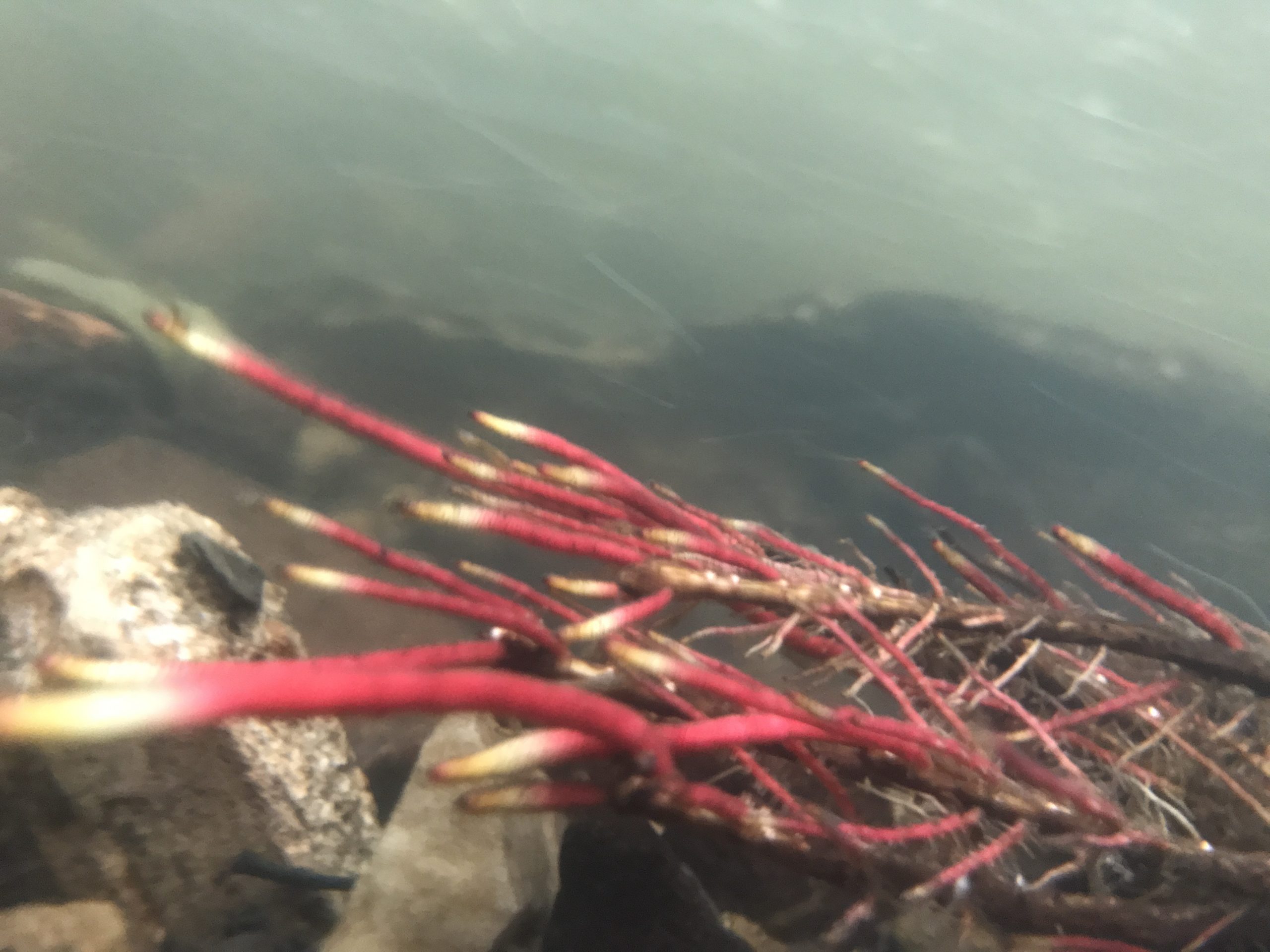
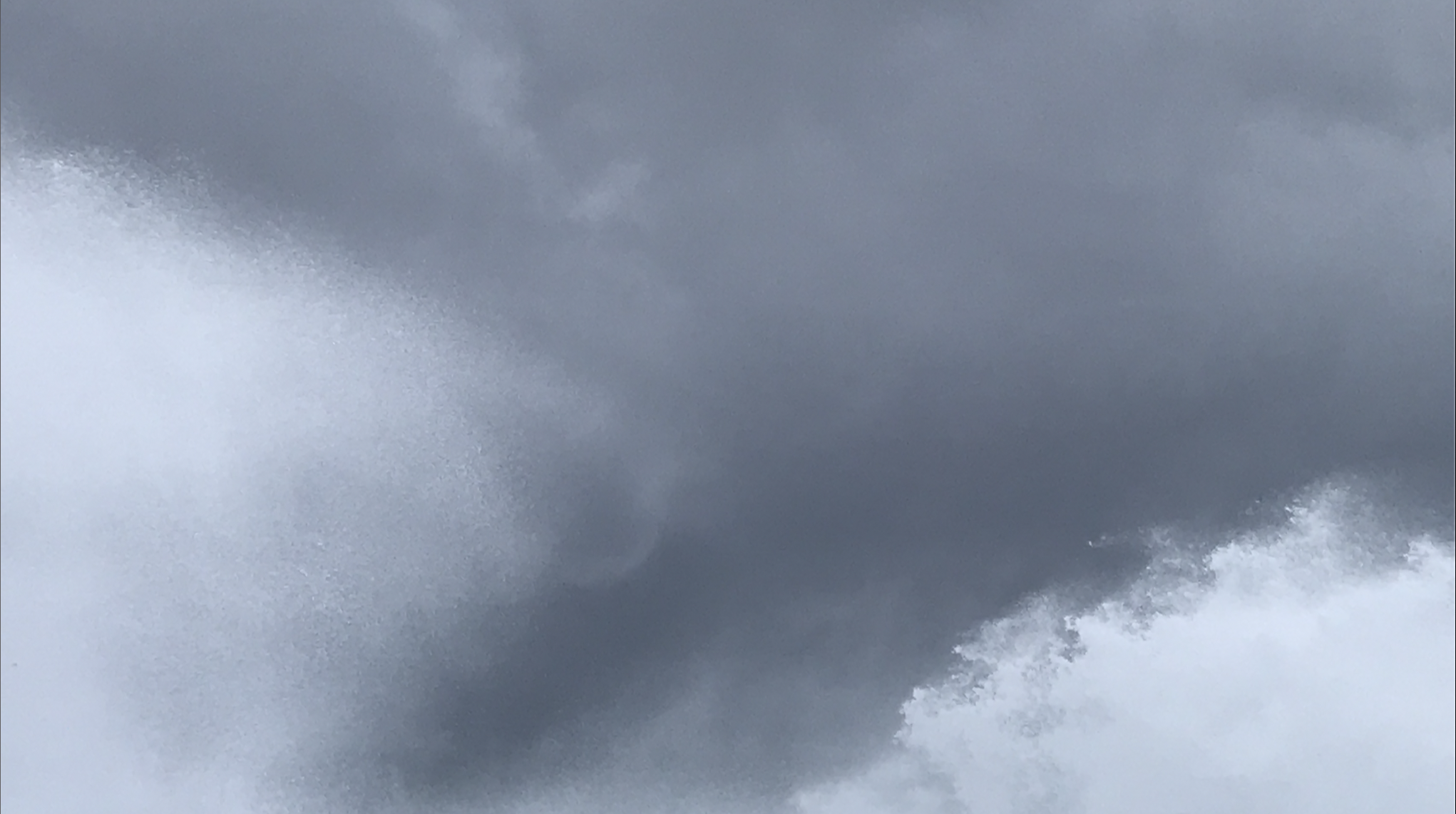
RESEARCH QUESTIONS
- How can learning with the weather help us foster a type of learning that is deeply connected and responds to the climate challenges of our time?
- How could strategies such as listening to (not only) the weather offer ways to think differently about relationships between people and the weather?
- What is the relationship between sounds in the environment and the sounds children make with their bodies and words?
- What does it mean to create different worlds with weather?
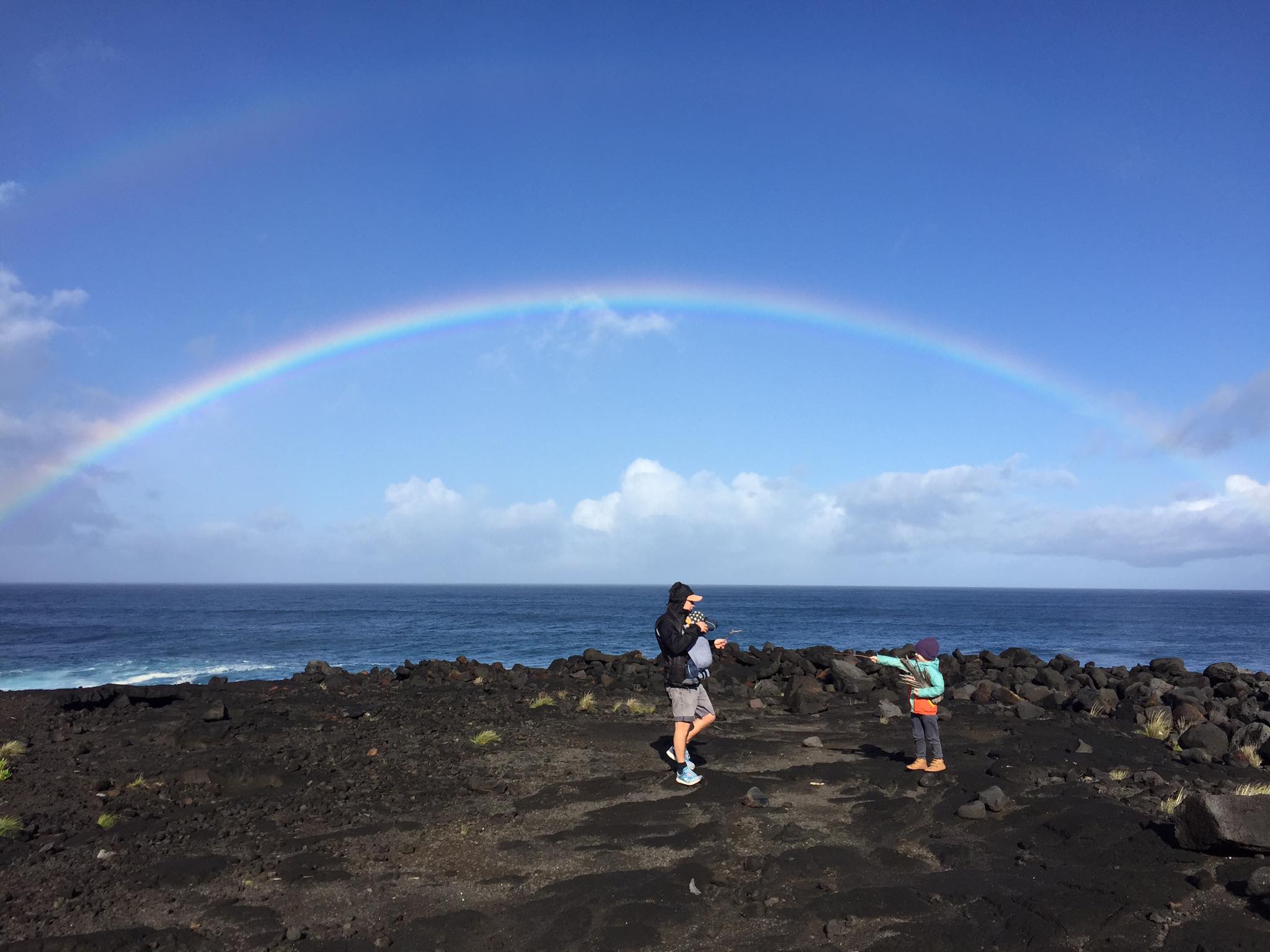
THE PEDAGOGY FOR EXPANDED INTERSPECIES LISTENING
Current artistic research activities take place in the territory (forest school Velíček&@abhpp), Portugal (@abhpp&SWA) and Finland (@abhpp&SWA), in cooperation with groups of children of different ages. The Pedagogy of Expanded Interspecies Listening is to use the outdoor environment as a platform for a completely new experience in order to give children the opportunity to explore their natural environment.
The Pedagogy of Expanded Interspecies Listening represents a wider range of artistic research activities that arise as part of the educational-research environment Sea-Water Amplification (SWA). These activities aim to expand and define more deeply, the so-called experience in relation to outdoor pedagogy and seascape epistemology.
Keywords: outdoor pedagogy, eco-pedagogy, slow pedagogy, environmental education, child–weather relations, multi literacy, listening, perforative mapping, weather, multi sensory method, listening walk, climate change
Activities:
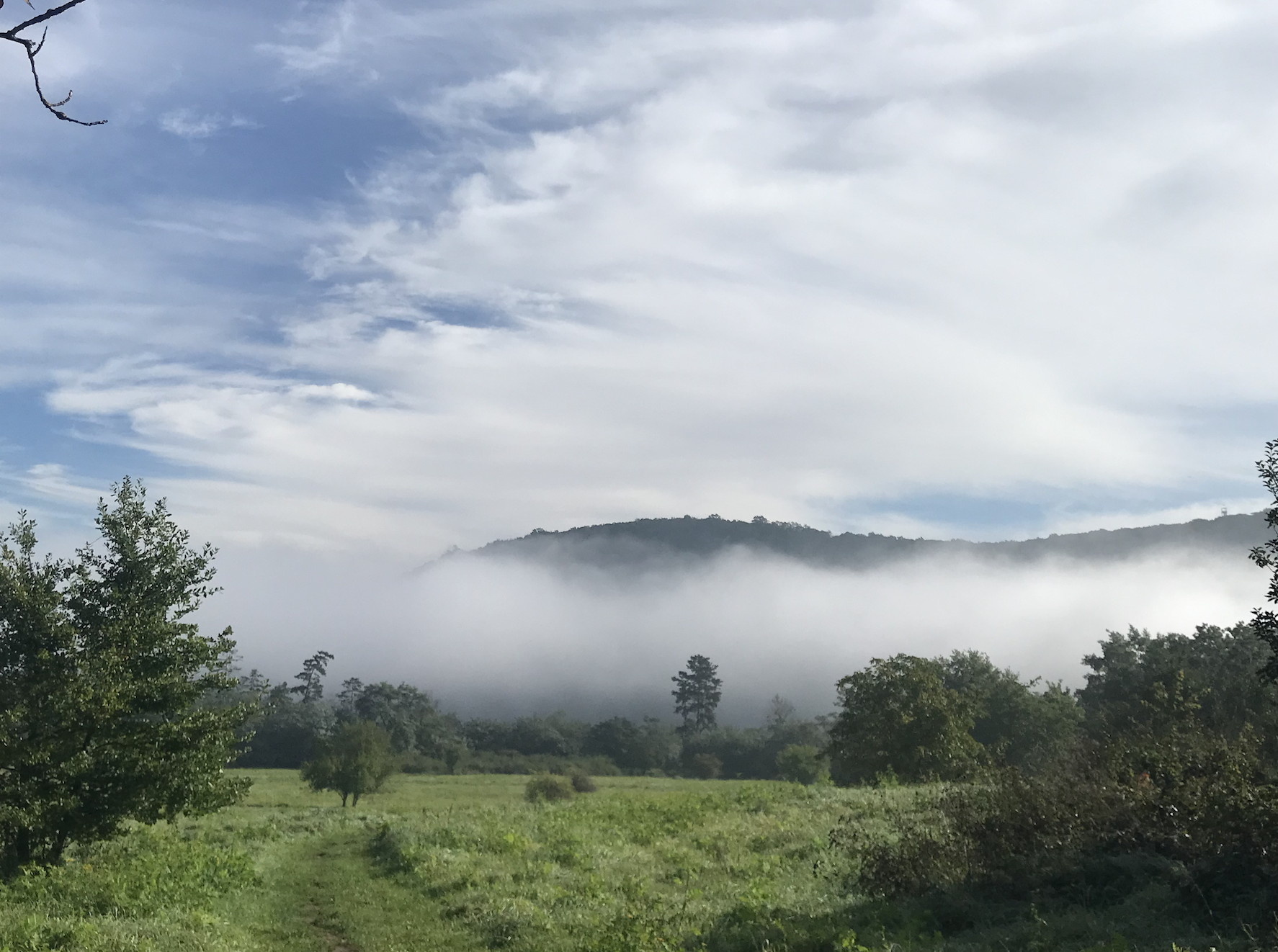
External Links:
Related Projects:
- Sea-Water Amplification (SWA)
- Generative-Integrated Urbanism (GIU)
- Unofficial Proof – Case Study 2: Alliance
☂️ We are looking for partners who would be able to fund our research activities ☂️
🔎 If you would like to learn more about this research project (or other projects), please contact us at info@abhpp.org or via our Instagram.
